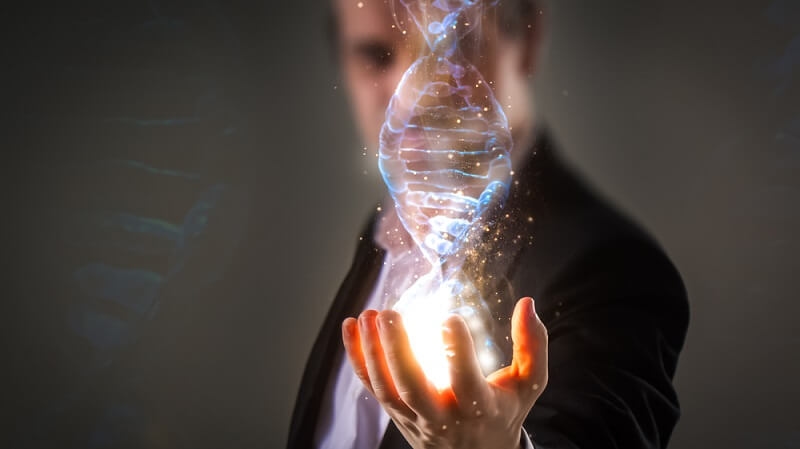
The evolution of human inventions and inventions have led to innumerable cultural transformations that resplendently act not by single revolutionary moments but by series of transformative breakthroughs that changed life, working modes, survival, and dreaming modes. Some may seem trivial now, but back then, they were revolutionary. This timeline depicts the greatest human inventions that have forever changed life, outlining the evolution of tools from conception to emblems.
From ancient waves of sparks to modern algorithms- these are the greatest inventions that are considered as one among the greatest ones in history.
Fire wasn’t made; it was mastered. Learning how to control fire marked a split in human evolution. With heat came survival in colder climates, the ability to cook tougher foods, and the confidence to stay awake into the night. Within the wider context of human inventions, fire sits at the root. It sparked social gatherings, storytelling, and protection from predators. Across every top inventions list, fire sits at the beginning, and for good reason. All later inventions that changed the world stand on the foundation that fire helped create. Any realistic inventions timeline human history must begin here.
Also check: Top Architectural Innovations That Changed the World Forever
The wheel was first invented in Mesopotamia around 3500 BCE, and it's probably the simplest thing one can imagine. Big transports and trading would almost be impossible without wheels. The first wheels were applied for pottery; however, after a while, they were used to create vehicles, and this acted as a driving force for advances in agriculture and warfare. So having been named every single time among the key inventions is enough testimony for the statement that the wheel is probably one of the greatest inventions in the history of humanity, for it brought significant change in society as human began to transport people, goods, and ideas across longer distances.
Nails appeared by 3000 BCE in ancient Egypt. Screws arrived later, in ancient Greece, offering far more grip in wood and stone. While not glamorous, nails and screws are human inventions that made permanent construction possible. Skyscrapers, bridges, and mechanical tools owe their existence to these small fasteners. Most inventions that changed the world are visible and flashy — but nails and screws quietly hold them together. On any realistic inventions timeline human history, fasteners deserve their own chapter because they enabled civilization to stay standing and keep growing.
Paper was invented in China around 100 CE, and later spread along trade routes. In Europe, Gutenberg took things further by creating the movable-type printing press in the 15th century. These two human inventions made mass communication possible. Books no longer had to be copied by hand. Newspapers, pamphlets, and eventually magazines flooded society with knowledge. That’s why historians rank them as some of the most important inventions in history. Nearly all top inventions list resources agree that without paper and printing, ideas would not have crossed classes, regions, or generations so easily.

Electricity isn’t an invention — but finding ways to harness and distribute it certainly is. Thomas Edison and Nikola Tesla turned electricity from a scientific curiosity into a public utility. The light bulb extended the day, powering factories deep into the night. Electric grids then cascaded into inventions that changed the world: refrigerators, radios, computers. Modern life depends so deeply on electricity that it ranks among the greatest inventions ever by default. Crossing every inventions timeline human history, electricity stands at the transition from industrial power to modern progress.
Though already covered, the printing press deserves emphasis. Beyond books, it laid groundwork for mass literacy, religious reformations, and political revolutions. It turned information into a powerful tool. On nearly every list of human inventions, the printing press ranks high among the most important inventions in history. Even today, its legacy is seen in publishing, advertising, journalism, and education. Few inventions that changed the world did so across every continent as quickly. Any top inventions list that leaves out printing is incomplete.
If the wheel moved society, medicine saved it. Jenner’s smallpox vaccine in 1796 cut mortality rates. Morton’s use of ether in 1846 made surgery humane. Fleming’s penicillin discovery in 1928 turned deadly infections into treatable issues. These human inventions transformed health and longevity. On any top inventions list, vaccines and antibiotics rank alongside the greatest inventions ever for sheer lives saved. The most important inventions in history are measured not just in progress, but preservation. Few inventions that changed the world fought harder against nature’s threats — and won.
Invented at Bell Labs in 1947, the transistor made it possible to amplify and control electric signals using tiny components. One transistor replaced bulky vacuum tubes, shrinking computers from room-sized monsters to desktop machines — and eventually phones. Nearly every modern device contains millions of transistors. As human inventions go, this one doesn’t just belong on a top inventions list — it created many others. Frequently called one of the greatest inventions ever, the transistor turned the course of 20th-century and 21st-century technology. No inventions timeline human history is honest without anchoring on it.
Toward the end of the 20th century, the internet linked computers across governments and universities, eventually spreading into homes and pockets. GPS satellites added real-time location accuracy. Smartphones merged phones, cameras, computers, and connectivity into handheld hubs. These are modern human inventions which have, in their way, touched upon the daily experiences of the common man. The Internet appears on every list of top inventions for making information universal. GPS and smartphones must also enter an important conversation about major human inventions because they re-engineered the way people interact, create, travel, and remember on one seamless digital map.
Artificial Intelligence is the newest addition to the league of human inventions — and potentially the most unpredictable. Early AI systems already outperform humans in image recognition, language processing, and strategy gaming. Supporters call it the next big leap after the transistor. Critics warn it could outpace human control. Whether it becomes one of the greatest inventions ever or a cautionary tale remains to be seen. Still, on modern inventions timeline human history, AI is stamped at the frontier of change. Some inventions that changed the world didn’t just solve problems — they asked bigger questions.
Human history is stitched together by a line of game-changing inventions. From controlling fire to building thinking machines, these inventions impinged upon survival, comfort, and scientific curiosity. There is much more to nostalgia while looking back at the list of top inventions; instead, it serves as a great reminder that the greatest inventions ever came about through a mixture of brilliant thinking and sheer boldness. They rank as the most important inventions in history because they stepped into the unknown and changed what humans could imagine. Whatever comes next on the inventions timeline human history will stand on the shoulders of every invention that came before — from the spark of a flame to the spark inside a microchip.
This content was created by AI